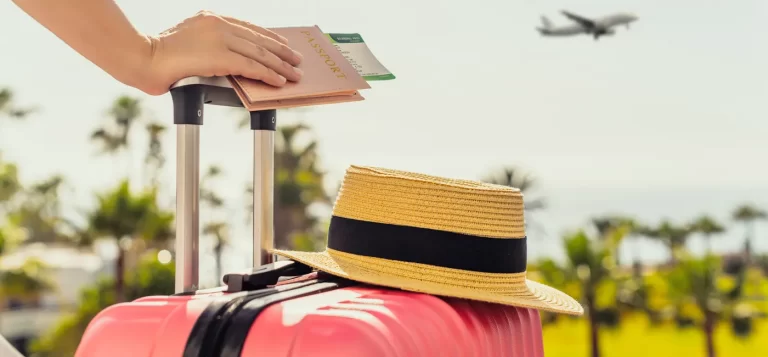Inclusive Tourism Toolkit: VisitEngland’s Drive for Accessibility

VisitEngland, the official tourism organization of England, has unveiled a comprehensive toolkit aimed at enhancing accessibility and inclusivity within the travel and tourism sector. This initiative aligns with the kingdom’s ambitious tourism recovery plan, envisioning England as the most accessible country in Europe by 2025.
Released on November 30, the toolkit offers practical guidance on designing accessible structures, employing individuals with disabilities, and creating comprehensive accessibility information. It includes valuable resources such as case studies, practical tips, and downloadable checklists to facilitate improvements in these areas.
 The collaborative effort involved thirty organizations, including prominent disability charities, as well as tourism and hospitality trade associations. The toolkit supports the United Kingdom‘s broader post-pandemic Tourism Recovery Plan, which outlines six strategic goals, with the fifth emphasizing the augmentation of accessibility to cater to the spending power of the “purple pound” – the financial influence of individuals with disabilities.
The collaborative effort involved thirty organizations, including prominent disability charities, as well as tourism and hospitality trade associations. The toolkit supports the United Kingdom‘s broader post-pandemic Tourism Recovery Plan, which outlines six strategic goals, with the fifth emphasizing the augmentation of accessibility to cater to the spending power of the “purple pound” – the financial influence of individuals with disabilities.
Minister for Disabled People Tom Pursglove MP remarked, “This toolkit will promote disability inclusion across the tourism industry,” emphasizing the government’s commitment to enhancing the lives of disabled individuals through initiatives like the Disability Action Plan.
In 2022, England’s tourism industry generated a substantial £66.3 billion in domestic visitor spending. The toolkit acknowledges the significant economic contribution of individuals with disabilities, estimating an annual expenditure of £14.6 billion from both domestic and international travelers with disabilities in England.
 VisitEngland Director Andrew Stokes emphasized the importance of the toolkit in meeting the needs of this vital market segment, stating, “Our research shows that visitors in this important market value clear, concise, accessible information, and tourism businesses want to provide it.” The toolkit is designed to empower businesses to prioritize accessibility, fostering improved customer service and a welcoming environment for all visitors.
VisitEngland Director Andrew Stokes emphasized the importance of the toolkit in meeting the needs of this vital market segment, stating, “Our research shows that visitors in this important market value clear, concise, accessible information, and tourism businesses want to provide it.” The toolkit is designed to empower businesses to prioritize accessibility, fostering improved customer service and a welcoming environment for all visitors.







